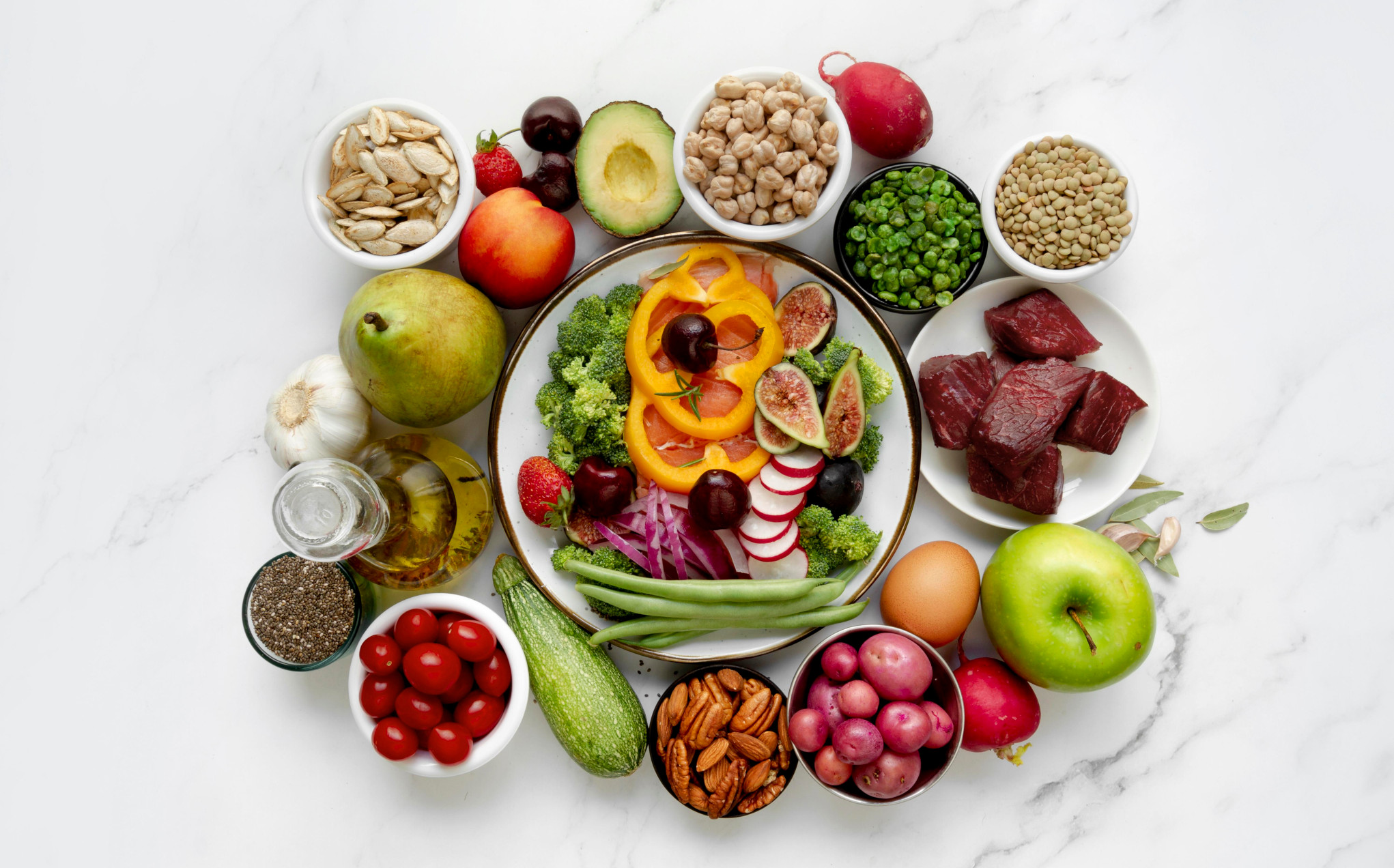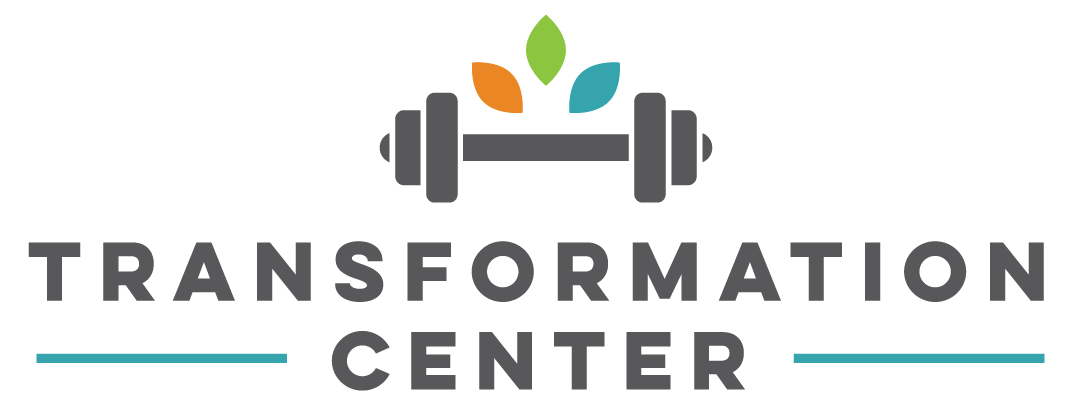
If you’ve ever been told to avoid carbs after 7 PM, that fruit will make you gain weight, or that cutting carbohydrates is the key to fat loss you’ve sadly been victim to societal misinformation that is all too common in this day and age.
Especially with the availability of proven, current research and information!
Carbs have been villainized for decades, with myths spreading rapidly. But here’s the truth: carbs are not inherently bad. In fact, they’re an essential part of a balanced diet and play a critical role in energy production, brain function, and even fat loss.
Let’s break down some of the most common misconceptions, separate fact from fiction, and give you the tools to make smarter choices for long-term health.
Common Myths About Carbs
Myth 1: Eating Carbs After 7 PM Makes You Gain Fat
Many people believe that carbs eaten at night are automatically stored as fat. But the reality is that your body doesn’t operate on a timer like a kitchen appliance. What matters most is your total daily calorie intake and activity levels—not the time of day you eat.
The Science: Weight gain occurs when you consume more calories than you burn over time, not because of a nighttime bowl of oatmeal. In fact, some research suggests that consuming slow-digesting carbs at night may improve sleep quality and regulate appetite the next day.
Myth 2: Fruit Will Make You Fat
Fruit contains sugar, and sugar is bad, right? Not so fast. While fruit does contain natural sugars, it’s also loaded with fiber, vitamins, minerals, and antioxidants. The fiber slows digestion, leading to a gradual release of glucose into the bloodstream, preventing rapid blood sugar spikes.
The Science: Whole fruits have a low energy density, meaning they fill you up with fewer calories. Studies show that fruit consumption is associated with lower body weight and a reduced risk of obesity-related diseases. The real problem is ultra-processed foods and added sugars, not a banana.
Myth 3: Carbs Are the Main Cause of Fat Gain
Many believe that carbs spike insulin, which then “traps” fat in your body. While insulin does play a role in fat storage, the real driver of fat gain is consistently eating in a calorie surplus—regardless of whether those calories come from carbs, fats, or proteins.
The Science: Carbs alone do not cause fat gain. Studies comparing low-carb and high-carb diets show that fat loss happens at the same rate when calories and protein intake are matched.
The Science of Carbs, Insulin, and Fat Storage
Carbohydrates come in two main forms:
- Simple Carbohydrates (sugars, white bread, pastries): Rapidly absorbed, leading to quick blood sugar spikes.
- Complex Carbohydrates (vegetables, whole grains, legumes): Digested slowly, providing steady energy and keeping you full longer.
When you eat carbs, your body breaks them down into glucose, which is then transported into your cells with the help of insulin. Insulin’s job isn’t just to store fat—it’s a vital hormone that helps shuttle glucose to your muscles and liver for energy.
Insulin Resistance & Carbohydrates:
The real issue arises when people develop insulin resistance, a condition where cells become less responsive to insulin, leading to elevated blood sugar levels. This is typically caused by a sedentary lifestyle, excessive calorie intake, and poor diet quality, not carbs alone.
Why Do Keto Diets Work So Quickly?
When people start a ketogenic (low-carb) diet, they often drop several pounds in the first week. But it’s not fat—it’s water weight. Here’s why:
Glycogen, the stored form of carbohydrates in your muscles and liver, holds three to four grams of water per gram. When you cut carbs, your body depletes glycogen stores, and with it, you lose water. This initial drop on the scale can be misleading, leading many to believe they’re burning fat when it’s actually just water loss.
How to Make Smarter Carb Choices
Instead of fearing carbs, focus on quality and balance:
- Choose High-Fiber Carbs: Whole grains, legumes, fruits, and vegetables help slow digestion, improve gut health, and keep blood sugar stable.
- Pair Carbs with Protein or Healthy Fats: This helps slow the release of glucose into your bloodstream, reducing blood sugar spikes. Example: Oatmeal with almond butter or an apple with Greek yogurt.
- Move More: Regular exercise improves insulin sensitivity and helps your body use carbs more efficiently.
- Stay Hydrated: Water is crucial for carbohydrate metabolism and helps prevent bloating from higher-fiber foods.
- Be Mindful of Portions: Even healthy carbs can contribute to weight gain if eaten in excess. Stick to balanced, nutrient-dense meals.
You’re the First to Hear…
Enrollment is now open for our introductory 12-week Killer Kurves group fat loss and health coaching program.
What you get: Expert coaching, personalized guidance, and a supportive community that will help you stay consistent, feel amazing, and reach your goals—without gimmicks, fads, or extreme restrictions.
Special Presale Rate Available Now! To grab this exclusive offer, reply to this email with “Carbs” and we’ll connect you with a coach today.
This is your chance to lose weight, gain confidence, and build a sustainable, healthy lifestyle—without fearing food. Let’s do this together.

Recent Comments